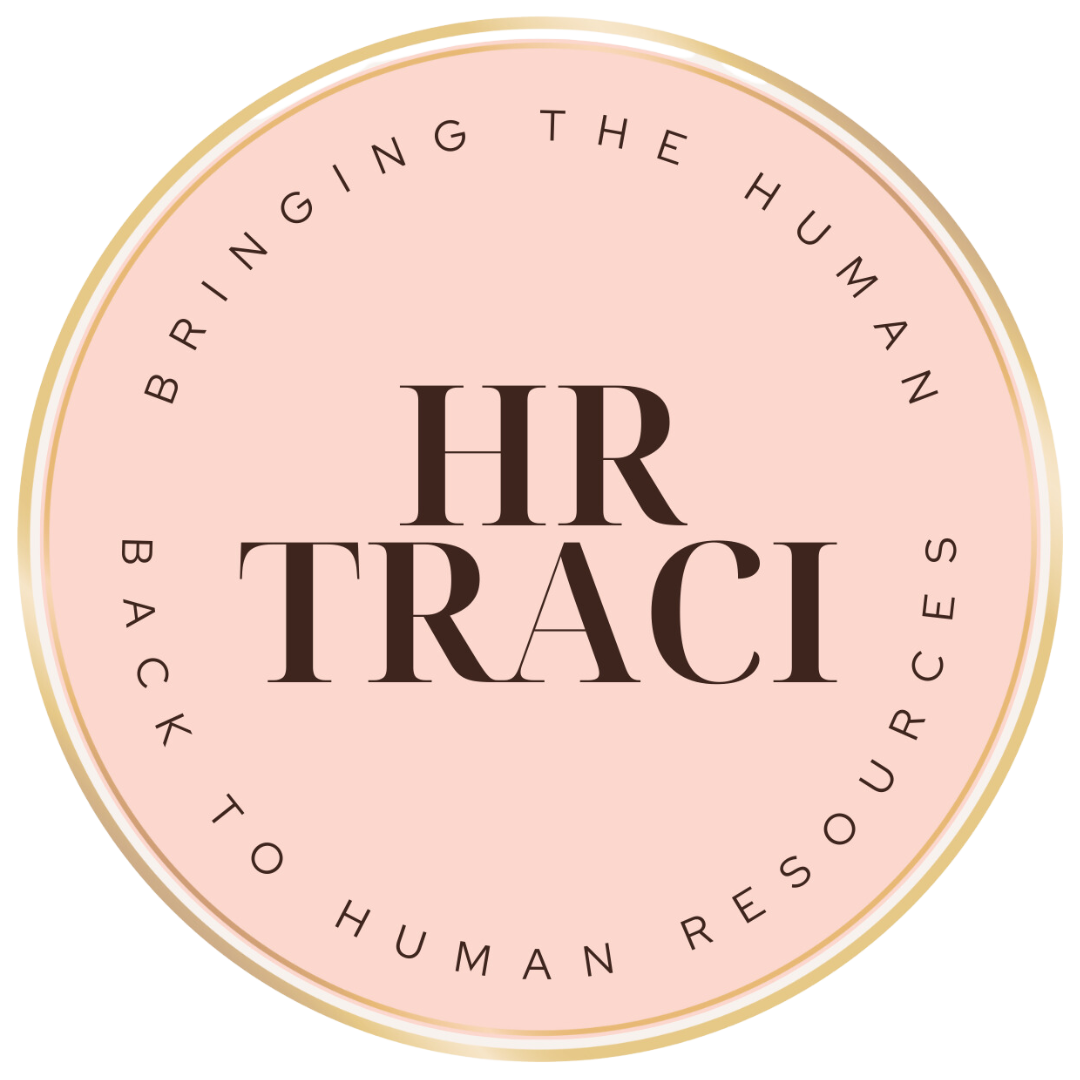Supporting Parents Through Pregnancy and Infant Loss: What HR Needs to Know
When One in Four Pregnancies End in Loss, Silence Isn't an Option
Content Warning: This episode discusses pregnancy loss, miscarriage, stillbirth, and infant death. If these topics are sensitive or triggering for you, please take care of yourself first.
Have you ever watched a colleague return to work after a devastating loss and had absolutely no idea what to say?
Do you avoid them in the hallway because you're terrified of saying the wrong thing?
The truth is, most HR leaders aren't prepared to support employees through pregnancy and infant loss. Not because we don't care. But because nobody ever taught us how.
And when one in four pregnancies ends in loss, that gap in knowledge isn't just uncomfortable. It's causing real harm.
A long-time listener reached out with her story of losing her newborn son after giving birth prematurely. Her message wasn't just about her own grief—it was about the massive gaps she discovered in how organizations support parents navigating this kind of loss.
If you've ever felt helpless watching someone on your team struggle through grief, this conversation is for you.
(03:15) The Statistic That Changes Everything
One in four pregnancies ends in loss.
Let that sink in for a second.
That means someone on your team has likely experienced this. Someone in your department. Someone sitting in your next meeting.
The emotional, mental, and physical recovery required is staggering. And yet many parents return to work too soon, without support, expected to just "snap back."
Here's the real risk: leaders who lack awareness can add trauma to an already devastating situation.
(11:30) The Three Stages Nobody Prepared You For
There's a framework for supporting employees through this that actually works.
Before they return: Stay in compassionate contact without being overbearing. Ask how they prefer to communicate. Give them control over timing and boundaries.
When they return: Have a private conversation about what their ramp-up looks like. Clarify whether they want their loss communicated to the team or kept confidential.
Once they're on the job: The biggest thing most managers skip? Training on how to avoid harmful phrases.
"You should be over this by now" versus "I'm so sorry for your loss" can make all the difference.
Language matters here. Because nobody cares what you think about their grief timeline. Everybody cares about whether you're creating space for them to heal.
(19:10) The Legal Protection Gap You Need to Know About
Here's what might surprise you: there's no federal requirement for bereavement leave in private employment.
Zero. None.
FMLA often covers pregnancy loss as a serious health condition. The Pregnant Workers Fairness Act requires reasonable accommodations. The Pregnancy Discrimination Act protects against penalties.
But bereavement leave? Anything companies provide is going above and beyond.
Some states have stepped up though. California requires up to 5 days. Illinois allows up to 10 working days. Oregon and Washington have their own requirements.
The landscape varies wildly depending on where you're located.
(27:40) Where Policy Meets Real Grief
Policy matters. But culture is where real support lives.
You can have the most generous leave policy in the world, but if your culture makes people feel like they need to hide their grief? That policy is worthless.
Make it explicit: State "reproductive loss" directly in your bereavement policies. Don't make people guess whether their loss "counts."
Build community: Consider peer networks or loss parent support groups. Share external resources.
Show up with intention: Send flowers. Make a donation. Plant a tree. Acknowledge that returning to work after loss is an act of courage.
It doesn't mean the pain is gone. It means they're showing up anyway.
What's Your Next Move?
This topic is heavy. But ignoring it doesn't make it go away.
The frameworks are real. The legal protections exist in many states. The one-in-four statistic means this is happening in your organization whether you're aware of it or not.
But here's what's also true: small changes make massive differences.
Adding "reproductive loss" to your bereavement policy. Training managers on compassionate language. Offering flexible return-to-work arrangements.
These are intentional shifts that tell employees they matter. That their loss matters. That they don't have to choose between grieving and keeping their job.
Additional Resources:
Griffin Cares Foundation- https://griffincaresfoundation.org/ - Provide support across the United States for those have experienced pregnancy or infant loss through events and virtual support groups.
Chasing Rainbows- https://chasingtherainbows.org/ - Provide online virtual support groups (6 days a week) to families that have experienced pregnancy and infant loss, infertility, and support for pregnancy following loss.
Sad Dads Club- https://saddadsclub.org/ - Community for loss dads. Provided the much-needed support to bereaved fathers, as they typically are less likely to reach out in traditional ways. They host online support groups, in person events and more.
Adalyn Rose Foundation- https://adalynrose.org/ - provide training for healthcare workers, remembrance carts, support groups, couples workshops , and community events raise awareness for pregnancy and infant loss.
Contact Traci: Wondering how to update your policies or train your team on supporting employees through loss? Submit your question or guest idea here
